Russia’s “Foreign Agents” Law Tightened, Independent Voices Silenced
Others are reading now
Independent journalists, activists, and charities have learned to live under pressure in Russia.
Now, that pressure is growing again. Moscow has tightened its “foreign agents” law, making it easier to prosecute anyone accused of foreign ties.
A New Method of Silencing
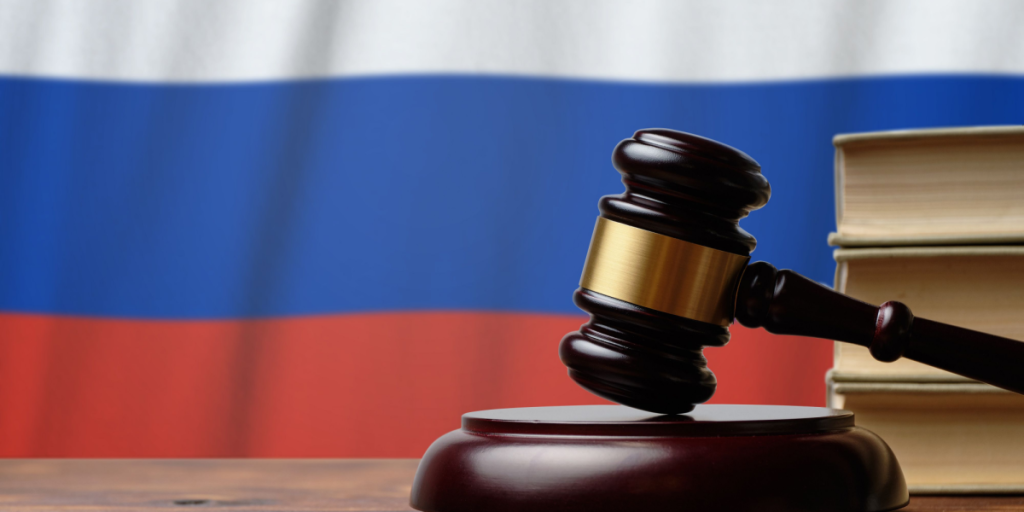
Under the new rule, a criminal case can start after just one administrative fine, according to Digi24. Until now, two violations were needed.
This change takes effect on October 26, 2025. Critics say it will silence even more independent voices.
Expanded List
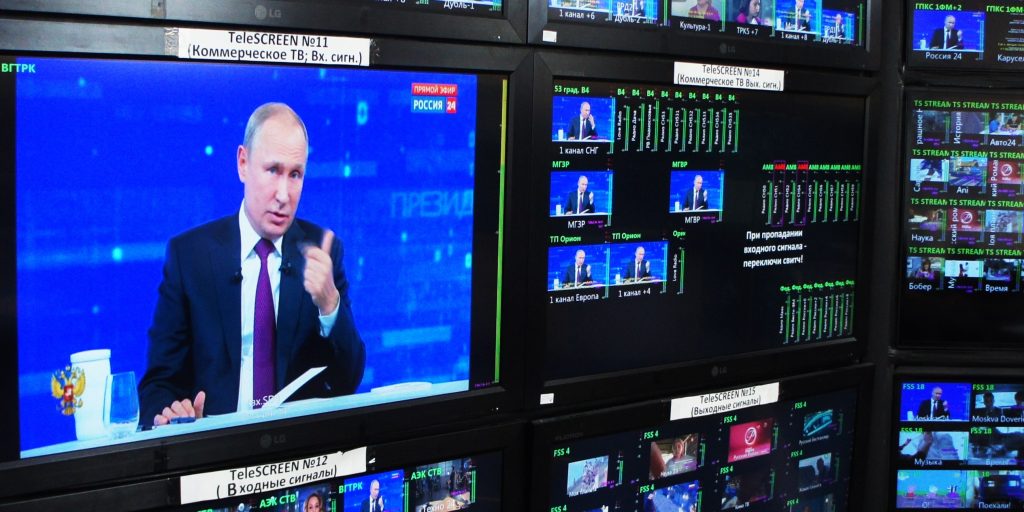
The “foreign agents” law first appeared in 2012. At that time, it applied to groups receiving money from abroad and engaging in so-called “political activity.”
Also read
The definition was vague, allowing the state to target almost any organization. Over the years, the rules have grown tougher.
Now the list includes not only NGOs and media outlets but also individuals and informal groups.
Forced to Close

Many organizations have already been forced to close. One of them was Nasiliu.net, a support center for victims of domestic violence.
Its founder, Anna Rivina, said the law slowly destroyed their work. They were banned from hosting events, blocked from raising funds, and eventually cut off from donations inside Russia.
A Bendable Law
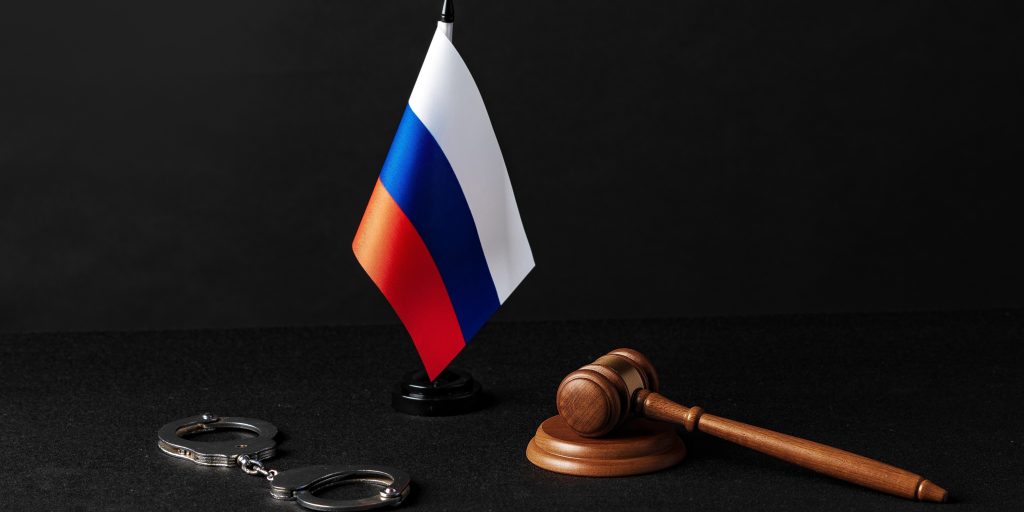
The law’s reach is broad. Anyone can be accused of “foreign influence,” which can include not only money but also advice or assistance from abroad.
Also read
Once labeled, “foreign agents” face a long list of bans. They cannot run for office, teach in universities, organize public events, or work with minors.
UN Condemns the Law
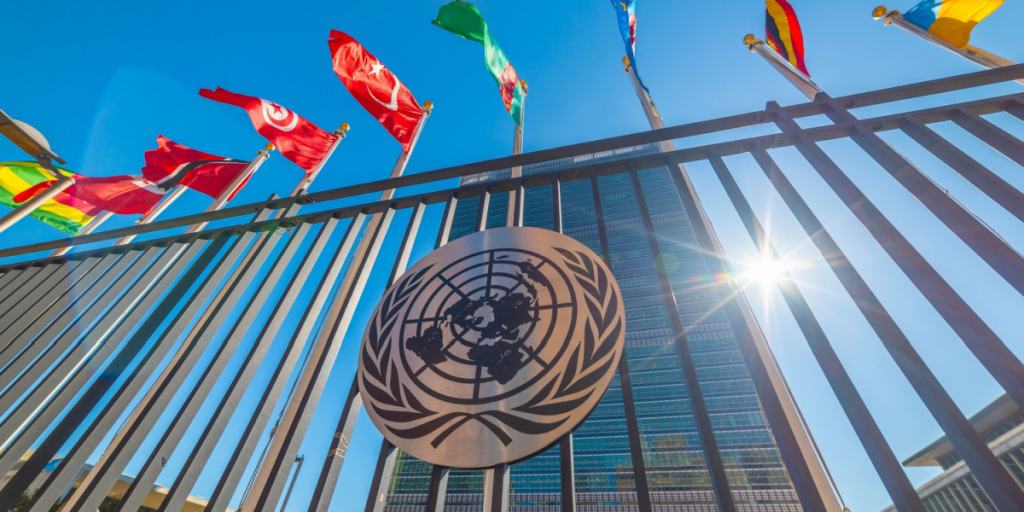
International organizations, including the United Nations, have condemned the law. But the Kremlin defends it, claiming it is similar to U.S. regulations.
In practice, it is far harsher. Those placed on the list often lose their jobs, their homes, and their ability to work legally.
Putin Disagrees
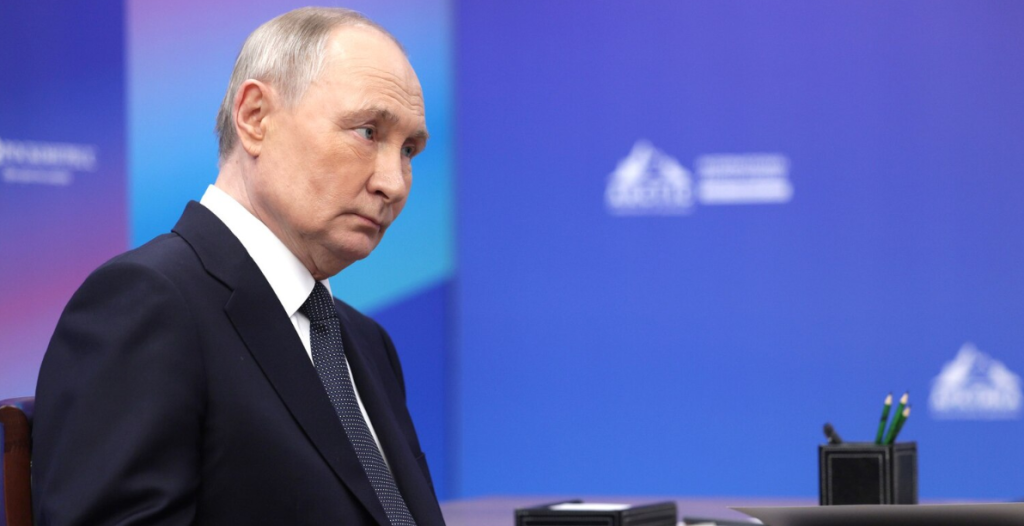
President Vladimir Putin argues that critics leave Russia for personal gain. Human rights advocates disagree.
They say people flee because repression has made life unbearable. For many, the label of “foreign agent” is not just a legal status.
Also read
It is a mark that ruins careers, friendships, and the chance to live freely.


